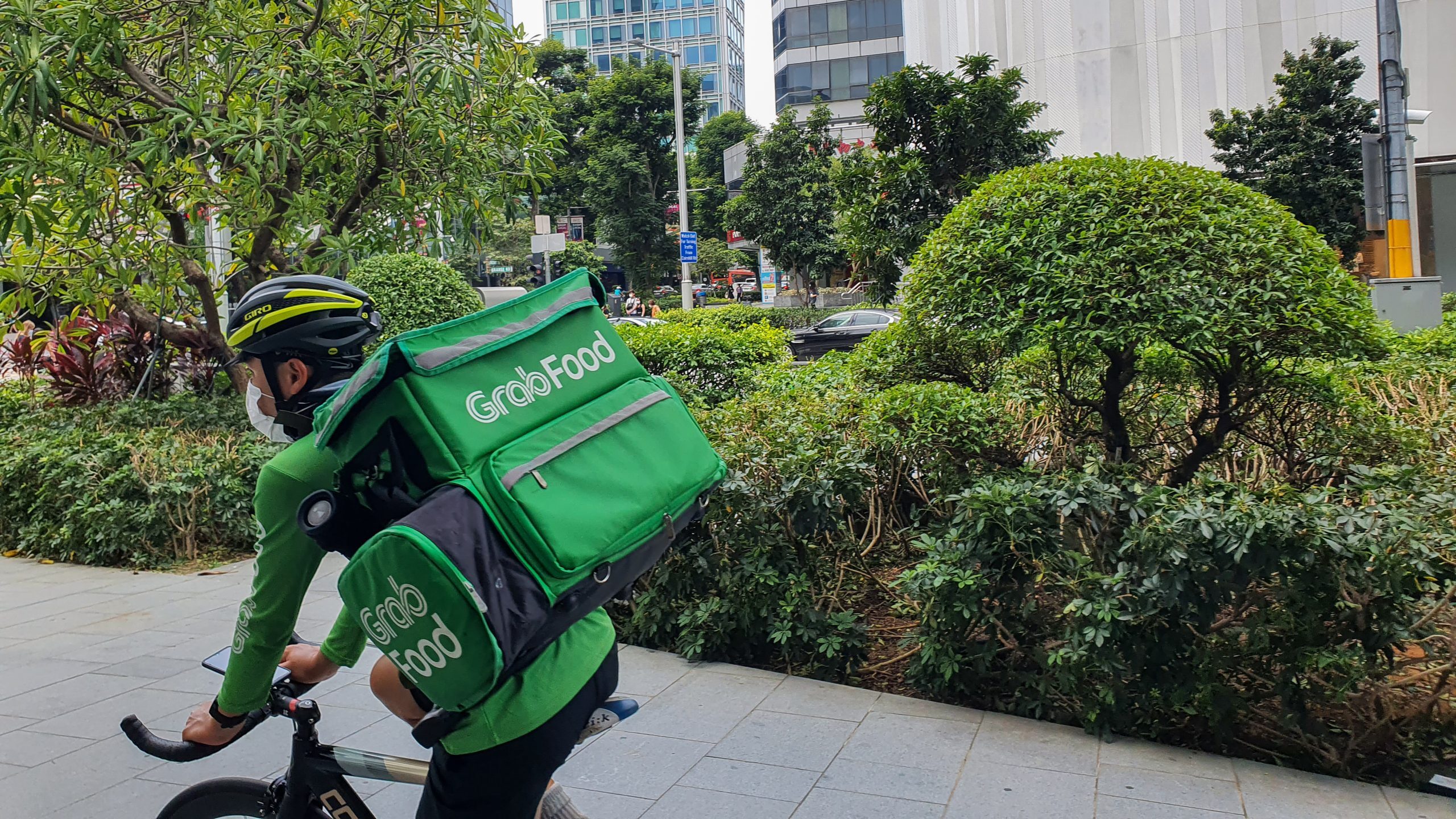Separate Lives, Uncertain Futures: Does Covid-19 Align or Differentiate the Lives of Low- and Higher- Wage Young Workers?
April 30, 2023

Labour Day is an international holiday that celebrates the achievements of workers every year on 1 May. In Singapore, even before the COVID-19 pandemic kicked in, studies have shown that there have been significant inequalities between low- and higher- wage workers. Whether the pandemic has worsened the pre-existing gap is a question worth considering.
In ‘Separate Lives, Uncertain Futures: Does Covid-19 Align or Differentiate the Lives of Low- and Higher-Wage Young Workers?’ (Applied Research in Quality of Life, 2022), Associate Professor Irene Y.H. Ng (NUS Social Work), Mr Zhi Han Tan (NUS Social Service Research Centre), Associate Professor Vincent Chua (NUS Sociology and Anthropology), and Ms Annie Cheong (NUS Social Service Research Centre) leveraged on a survey targeting working young Singaporeans to assess the effects of low wage and COVID-19 on the psychological outlook of young Singaporeans.
Among the survey respondents, 40% of them were considered as earning low wage, and 58% of the respondents reported that their careers were affected by COVID-19. Strikingly, only 20% of the young respondents switched to remote working after the pandemic, suggesting that remote working may be uncommon even for the younger generation. While higher wage workers had more work and remote working opportunities during the pandemic, low wage workers bore the brunt of economic hardship. Anxiety disorder was also more prevalent among the low wage workers because they experienced more work and earnings loss during the pandemic. However, there was a more significant increase in the number of anxiety disorders in the higher wage workers, potentially because low wage workers were more accustomed to job and earning losses due to external circumstances.
Bearing the findings in mind, the researchers suggest that when the government seeks to introduce support measures for the labour force, it is important for the policymaker to account for the most vulnerable workers as well. Examples of such marginalised workers include the less educated young people working in sales, service, delivery, and driving industries. The researchers also call for public attention to help young workers in low wage jobs recover from COVID-19.
Read the article here: https://link.springer.com/article/10.1007/s11482-022-10068-6
